The consultants completed their job and the corporate strategy is defined. After a two days’ workshop and three or four iterations of the report, the results are great: The company’s vision is now realigned, goals and targets for the next fiscal year are defined and a detailed action plan is derived. Shareholders, directors and management are satisfied and fully support both strategy and action plan.
The team enthusiastically starts working on the tasks, but soon daily business becomes top priority and strategic work is hardly performed. It is obvious in the mid-year review that the team will not be able to complete all the initiatives defined in the strategy workshop – and at the end of the year just one single project out of a dozen is completed and only one more reached implementation status.
Strategic planning vs. operational reality
I regularly come across stories like this. A corporate strategy is defined and a project for implementation is initiated. However, completion of the project fails because operational tasks are prioritised. There are many reasons, but you can make out some generic themes.
Assumed ability for change
“We always overestimate the change that will occur in the next two years and underestimate the change that will occur in the next ten.” This quote from Bill Gates is a fair summary: In the strategic planning for the next one or two years we often assume that we can achieve almost anything we’d like to. That the proposed change would be too much for the organisation, is only considered after the implementation failed.
Available resources
To implement a strategy, you need resources. If a company’s staff is busy with operational tasks, the organisation is simply not able to drive strategic projects and initiatives.
Lack of focus
And even if resources are available, daily business often compromises strategic work. It is the daily business which generates cash flow. Therefore, there is always a tendency to allocate resources to operational tasks, even if they were originally planned for strategic projects. This behaviour boosts short-term performance (and may be reasonable in some instances) but mostly results in issues with long-term strategy implementation.
Successful strategy implementation
I do not deny the importance of strategic planning, but it is the implementation of a strategy which supports success. To realise your strategy and thus secure long-term success of your company, you should focus on three things:
Realistic planning
The cornerstone of successful strategy implementation is realistic planning. Be true about what you and your organisation can achieve and plan accordingly. I propose to ask yourself two questions:
- What is it that I should do?
- What am I capable of doing?
In case you are not sure about the answer to question 2, you should work with priorities. This allows you to guide strategic initiatives according to their importance.
Providing resources
Once the planning is completed, you need to check whether you have the required resources for implementation available. This should include finance, skills and manpower. In case you identify a need, closing the gap is priority No 1. F this is about skills and manpower, you can either hire staff or engage a consultant.
Keep you focus
It is important for those responsible that they keep their focus on implementing strategy. Therefore you ought to make sure that managers and employees have sufficient free capacity for strategic initiatives.
In case an employee needs to be re-allocated from a strategic project to another task, you should carefully consider all aspects of the respective decision. You should not take such a step unless you are sure that the long-term benefit of an additional operational effort exceeds the value of the strategic project. Besides, such a decision should be documented – including the reasons for the decision.
If you plan realistically, provide the required resources and ensure that the team keeps its focus, you will probably be able to implement your strategy. And with a successful implementation of your strategy, your company will economically thrive.


